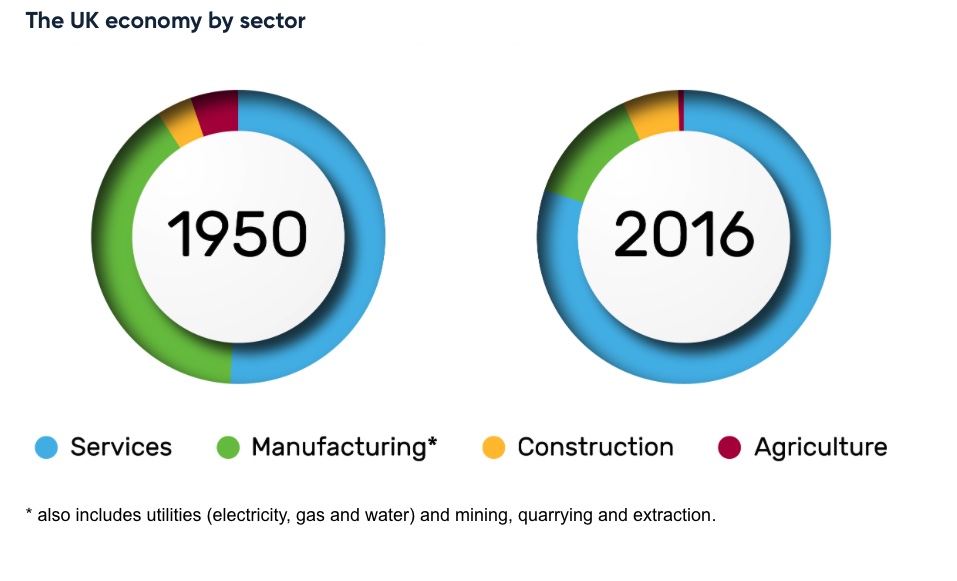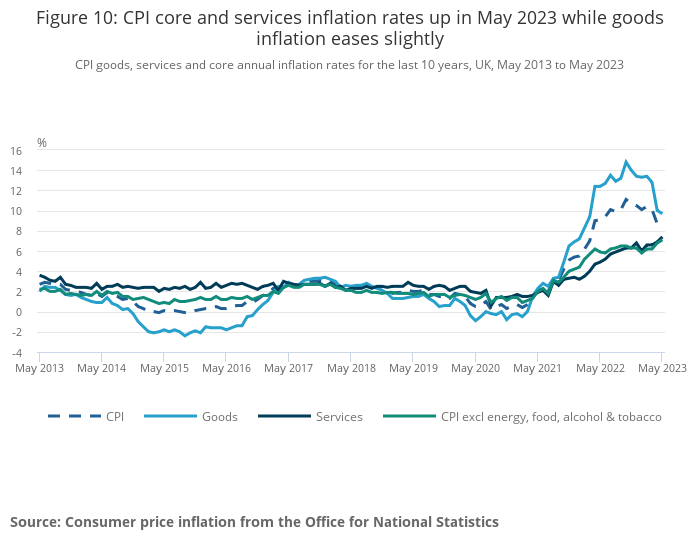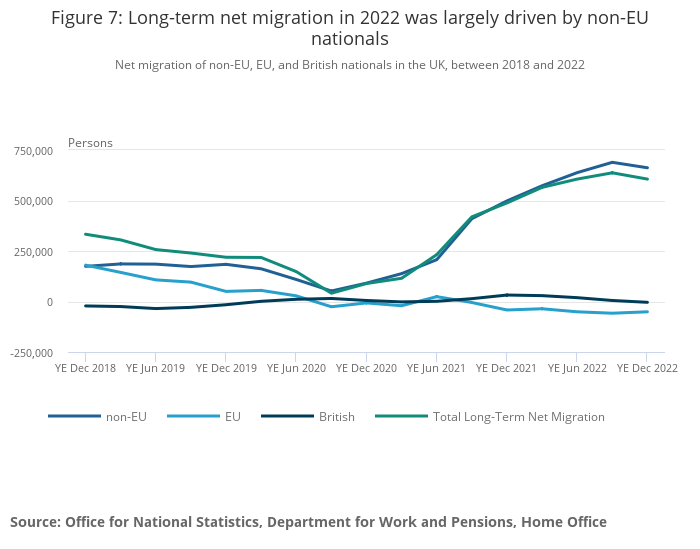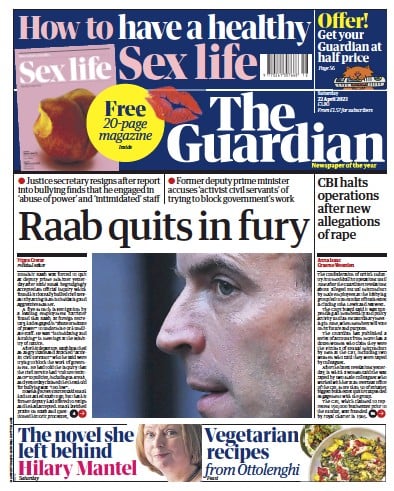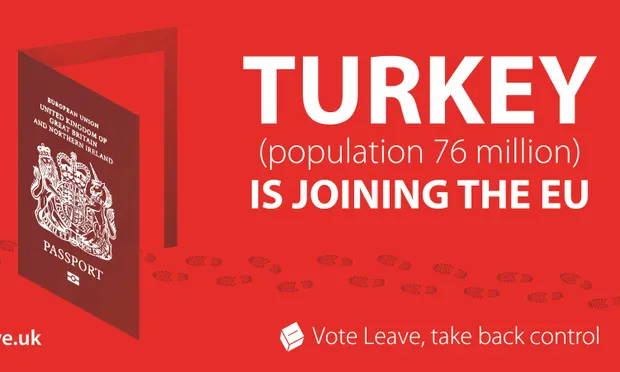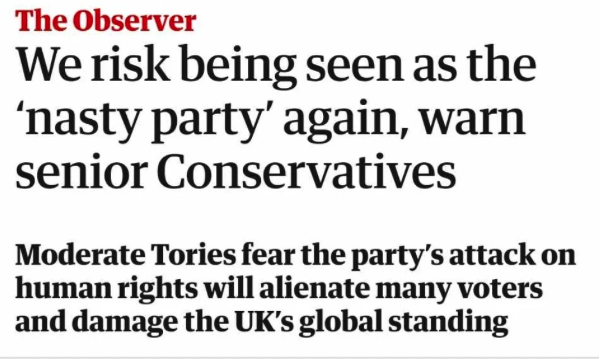
Last weekend The Observer reported that a senior Conservative had suggested that the Tories were in danger of being the “nasty party” again. They needed to show more humanity, he said. This followed some provocative language on the subject of asylum seekers from the Home Secretary and the party’s deputy chairman. The nasty party epithet resonates because it was attributed to the party during the long period of its doldrums while Tony Blair was prime minister, and and the party suffered three crushing defeats to Labour in general elections. It took a conscious rebranding effort by David Cameron to break free of the tainted Tory brand.
The Tory brand is undoubtedly deeply tainted once more. Their poll ratings are dire. Even in traditional heartlands, like where I live in rural Sussex, the party is being rejected in local elections by spectacular margins. Nice middle class people treat the party with disdain. The party’s main electoral strategy, though, is not to woo these voters but lower middle class and older working class voters who were part of the anti-establishment coalition that supported Brexit, and flocked to the party in 2019 in the “Get Brexit Done” election. It now seems that appealing to these voters is one of the driving principles of government policy, casting aside all considerations of national or wider interest. These voters are thought to like the “nasty party” image.
The problem of small boat crossings across the Channel illustrates the government predicament well. It is this flow of illegal immigrants that provoked those nasty comments. The government promotes a series of “tough” but token policies – such as trying to transport migrants to Rwanda, and housing them on a barge that looks distinctly like a prison ship. Ministers then attack “leftie lawyers” for slowing down (or even stymieing) these ideas, in the hope that mud will stick to Labour, led by lawyer Sir Keir Starmer. Certainly the flow of migrants across the Channel irritates Brexit-supporting voters, who are no sticklers for the rule of law.
But the flow of boats goes on. There is apparently a slight dip in numbers in 2023 compared to 2022, but this may just reflect weather conditions. The people traffickers are getting better organised, and are easily able to outwit government efforts to impede them. For some rather puzzling reason government ministers have been claiming that their policies are designed to “break the business model” of the traffickers. Perhaps they think this form of words sounds clever. But their policies are not directed at this goal at all. The business model depends on the absence of legal routes of migration, or even alternative illegal means – this forces migrants into the traffickers’ arms, allowing them to extract high prices and therefore invest significant money and effort in beating the government efforts efforts to make their lives difficult. Of course the government does not feel it can offer alternative routes, because that means letting more in legally, and their whole aim is to reduce flows overall.
And the longer the flows persist, the more the government has to confront difficult questions. The first of these is why all this is blowing up now, after Brexit, when Brexit was meant to enable Britain to “control its borders”. The business of managing borders is clearly a lot harder than most Brexit advocates had said. Then there is the the rather pathetic scale of the Rwanda and barge policies compared to the volume of incoming people: hundreds compared to tens of thousands. Worst of all is the effect of painfully slow processing of asylum claims, which has left tens of thousands in limbo, many having to be put up at state expense. What the government has not quite admitted was that this backlog arises from deliberate incompetence, as the former Home Secretary Priti Patel seems to have though that processing claims more slowly would reduce the incentives for people to come over and make claims. That hasn’t worked: instead state agencies and their political masters are made to look chronically ineffective.
Polls now show that few people think that the government will fail to stem the flow of boats. In the short term it might work for the Conservatives to deflect the anger towards the liberal “elites”, personified by leftie lawyers. But we probably have more than a year to wait before the next election. It is hardly worth suggesting that the opposition would do no better, when it doesn’t look as if things could get much worse.
If it is to turn the tide of opinion, the Conservatives needs to demonstrate competence above all else. Those nice middle class voters will forgive a lot of nastiness for that. Angry Brexiteers are not so dissimilar. And as for international standing, foreigners have their nasty side too – it is competence that inspires their respect. The problem for the party is that it has turned incompetence into something of a feature since they chose Boris Johnson as their leader. Both he and his successor, Liz Truss, openly selected cabinet ministers on the basis of loyalty rather than ability. Political posturing mattered above all.
Since then there have been an endless succession of ministers evidently not up to the job. Mr Sunak seemed to break from that idea. His stock (and the government’s) was never higher than when he reached a deal with the European Union over Northern Ireland – allowing competence to trump political posturing. But then again, his appointment of the inexperienced but ideological Suella Braverman as Home Secretary always pointed in a different way. Now political messaging is once again the priority, as the government stumbles from one mishap to another.
This recalls the government of John Major in the 1990s, with the party exhausted and fractious after the Thatcher years. It is true that this government managed to pull off an election win against the odds in 1992 – but at that point the government was being given the benefit of the doubt on its economic strategy, while doubts over Labour leader Neil Kinnock persisted. By 1997 the government’s haplessness was exposed to all, while his Labour opponent, Tony Blair, was the very picture of slick competence. Sir Keir can’t aspire to Mr Blair’s heights, but he looks competent enough. Mr Sunak’s supporters may keep clutching at straws (as did Mr Major’s “the darkest hour is just before the dawn”, they said, inaccurately) but it is heading for humiliation all the same.

